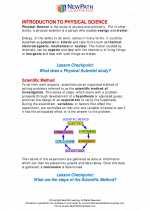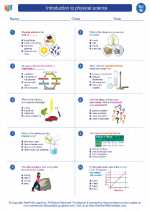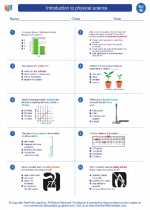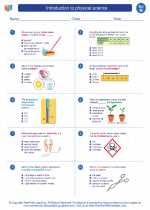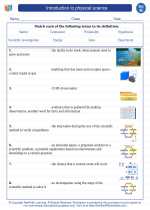Ecology
Ecology is the study of the interactions between living organisms and their environment. It encompasses the relationships between individuals, populations, communities, and ecosystems, as well as the biogeochemical cycles that sustain life on Earth.
Key Concepts in Ecology
- Levels of Organization: Ecological studies can be conducted at various levels, including individual organisms, populations, communities, and ecosystems.
- Abiotic and Biotic Factors: Ecologists examine the influence of non-living (abiotic) factors such as temperature, water, and sunlight, as well as living (biotic) factors like predation, competition, and symbiosis.
- Energy Flow and Nutrient Cycling: The flow of energy through ecosystems is typically driven by primary producers (e.g., plants) converting sunlight into chemical energy through photosynthesis. Nutrients, such as carbon, nitrogen, and phosphorus, cycle through the environment via biological, geological, and chemical processes.
- Population Dynamics: Ecologists study the factors that influence the size, density, and distribution of populations, including birth rates, death rates, immigration, and emigration.
- Community Interactions: Interactions among different species, such as competition, predation, mutualism, and parasitism, shape the structure and dynamics of ecological communities.
- Human Impact: Ecology also encompasses the study of how human activities impact the environment, including deforestation, pollution, climate change, and conservation efforts.
Ecology Study Guide
To excel in ecology, it's crucial to understand the following key topics:
- The principles of energy flow and nutrient cycling in ecosystems.
- The factors that influence population growth and dynamics, including carrying capacity and limiting factors.
- The various types of ecological interactions and their effects on community structure and stability.
- The impact of human activities on the environment and potential solutions for mitigating ecological damage.
- The methods and tools used in ecological research, such as field studies, modeling, and data analysis.
By mastering these concepts, you will develop a deep understanding of the intricate relationships that drive ecological systems and the ways in which humans can contribute to the preservation and restoration of the natural world.
.